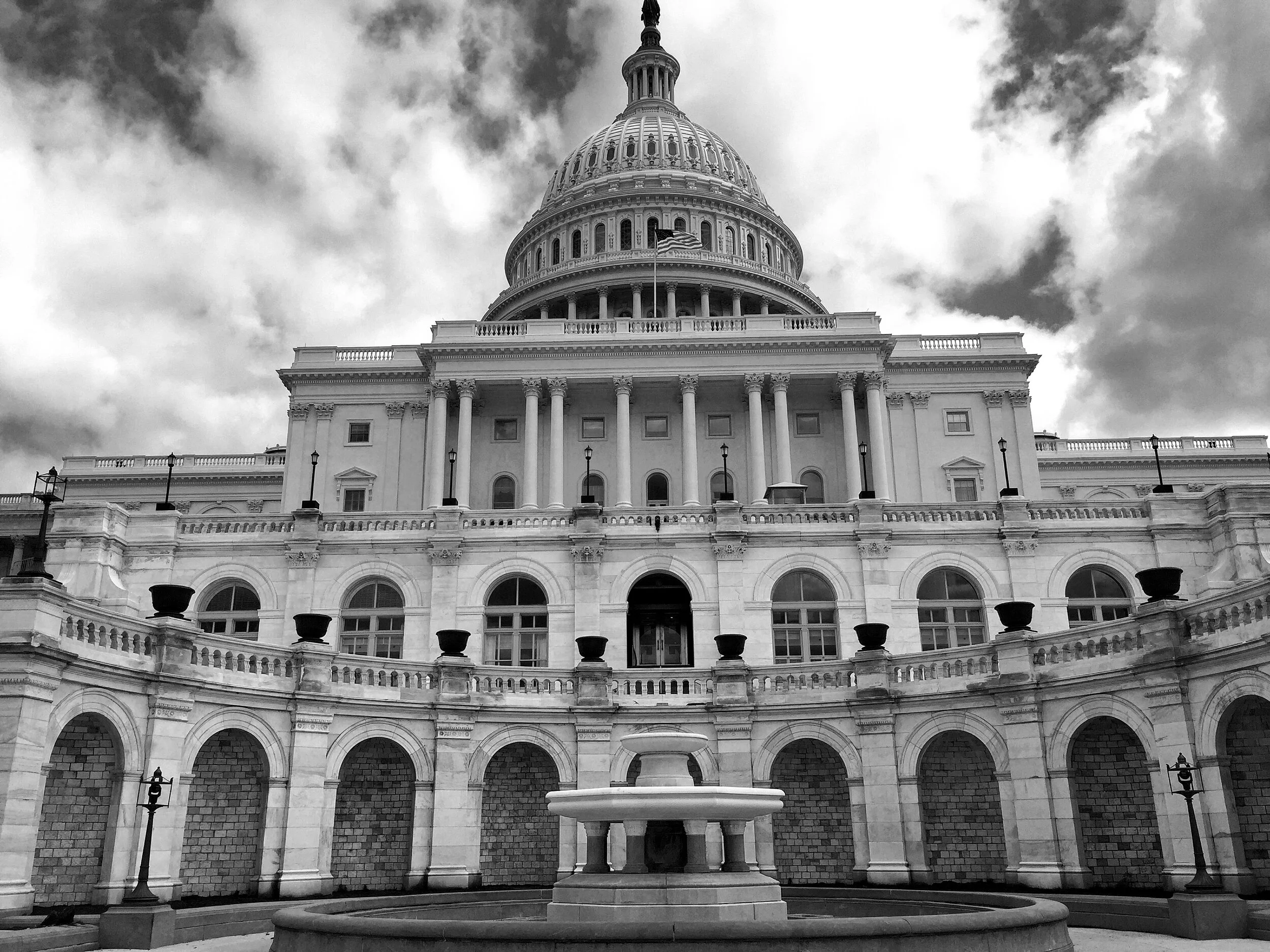Schools Must Stop Skirting Politics
As I stumbled groggily into the kitchen Thursday morning, reeling from the previous day’s calamity, my thirteen-year-old sister logged onto her social studies class. I was eager to hear how seventh graders were processing the historical magnitude of what transpired, and I hoped her teacher would lead a meaningful discussion.
Peering over at her computer screen from my pancakes, I instead saw PowerPoint slides covering the Boston Massacre — a seminal event, but one that occurred some 250 years ago. Her teacher droned on about the raucous crowd and the abrupt gunfire. My little sister asked me which side deserved blame, if the colonists were actually unarmed, and why John Adams defended British soldiers when they were tried.
I was disappointed, but not remotely surprised. Throughout my primary and secondary schooling, my teachers skirted politics. Some teachers felt it was an inappropriate topic to discuss, while some wanted to avoid exposing their personal opinions. Others were not permitted to talk about politics, or they feared upsetting students who held opposing views. Moreover, curriculums stopped far short of the present; most history classes came to a sudden halt at the turn of the century. My high school had one contemporary issues class for seniors, but most students — myself included — committed instead to Advanced Placement history courses to bolster our college applications.
I am a freshman at the prestigious Duke University, and I graduated from one of New York’s best high schools. Despite the reputation of these institutions, many of my peers left high school and entered college lacking a firm grasp of history and the political climate, leaving them unprepared to tackle societal issues. Sure, they may post Instagram stories echoing Democrats’ vitriol, but this group of students — progressive and intelligent — are ultimately incapable of confronting societal issues.
Beyond these venerable institutions, much of America’s youth possess a similar unawareness.
I grew up in a low-income, poorly-funded district before moving to the competitive, affluent high school from which I graduated. A few nights ago, some classmates from my old school district called me. After exchanging pleasantries, one of them unabashedly inquired, “Were you Trump or Biden?” I calmly told them that I voted for Biden, and then I asked if they voted.
A few noted that they did not. One classmate said that she “doesn’t really pay attention to politics.” I cringed.
After listening to my little sister’s Zoom class this morning, I revisited that conversation. Was I wrong to judge my old classmates — or, for that matter, my current peers — for their political naivety?
Some readers may decry my former classmates’ apathy. Instead, I blame our education system, which failed to expose them to our world’s plights and injustices. Those same readers may counter that it is not hard for young adults to educate themselves and take action. While that may be true, last Wednesday’s events demonstrate the consequence of a dearth of civics education, whose absence will leave our nation frail and our democracy teetering at a precipice.
Firstly, prevaricating enables the sentiments that kindled last Wednesday’s siege. Our schools breed ignorance when teachers and curriculums avoid our nation’s troubling truths. Republican leaders have continually validated and stoked this ignorance, causing chaos that can evidently result in an insurrection. The absence of this education, meanwhile, creates an information vacuum that now teems with absurd explanations. In The Atlantic last summer, Adrienne LaFrance highlighted how the conspiracy cult QAnon feeds on the dismissal of mainstream information. Dangerous conspiracy theories like QAnon flourish when facts are absent — a sequence that starts when civics education is inadequate. At the Capitol last Wednesday, many of the rioters were QAnon supporters.
Secondly, learning about modern issues provides students with the knowledge and sensitivity to wield democracy’s forces. Youth activism — now and throughout American history — is the oasis for progress, and young Americans are the driving force for reform. Through ardent activism, America’s youth can nudge our democracy away from the brink, but only if we are aware and capable. If Americans want our democracy to overcome its current stressors, our youth must learn about the issues eroding its foundations. Knowledge creates awareness of existing problems, and awareness fosters a desire for change.
Current events must be incorporated into school curriculums. Teachers must address them, and school administrators should not punish teachers who courageously do so. Bygone events taught in history classes must be connected to the modern world to show their relevance and indelible impacts. Contemporary issues classes should become a fixed part of students’ schedules throughout secondary school.
As painful as last Wednesday was, I wish my sister’s class discussed what happened at the Capitol. I look around me and I see an overwhelming gamut of issues, but I also see staggered young Americans who have not been sufficiently prepared to tackle those issues. Shying away from politics in schools leaves America’s youth susceptible to insidious fallacies and leaves them incapable of carrying the reins of the republic, ultimately rendering democracy feeble and necessary reforms unattainable.


